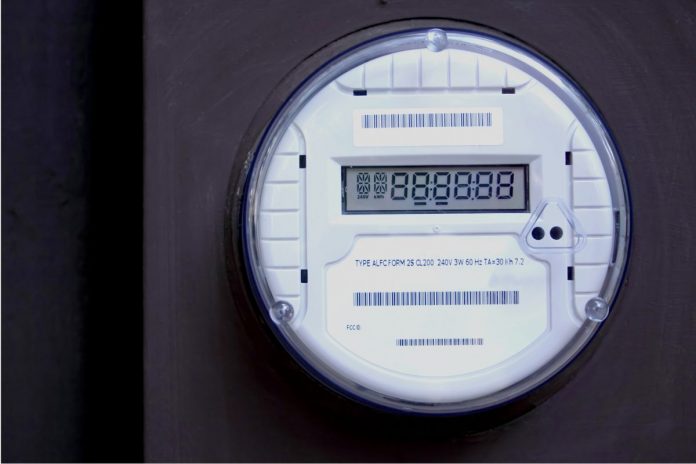Colin Pearson, Head of Condition Monitoring at BSRIA details the benefits of smart meters to customers and energy providers…
Smart meters bring benefits to both the energy consumer and the provider, but the extent of these benefits varies. This is partly because there is no single definition; a smart meter may just be smarter than the old meter. The most common features are a digital display of instantaneous energy use and the ability to send data to the energy provider avoiding the need for meter reading. For the energy provider there are possibilities for ‘time of use’ tariffs and these can also be used to the benefit of consumers by delaying heavy energy use until an off peak period. But many customers have concerns about security of data, how it will be used and to whom it will be available.
Most of the news about smart meters in the UK has been about the so called ‘smart meter roll-out’ which aims to replace 53 million domestic meters by 2020. There have been arguments about costs and benefits with domestic cost savings predicted as between £26 and £152 a year for every consumer, 2 to 12% off their bills. The costs have been estimated at between £10 and 15 billion, but since energy providers must replace meters regularly this may not be a true estimate of their additional costs. Energy providers have the benefit of saving the cost of employing meter readers, but the complexity of the necessary IT infrastructure with suitable security for customers’ data should not be under-estimated.
Greater benefits from smart metering can be realised if either the occupants are motivated to save energy or the home appliance incorporates the intelligence to choose to run in off-peak periods. Home energy display units are a key component in the motivation of occupants; they must be able to see the cost of energy they are using and where it is being used so The greatest benefits can be obtained by integration of other sensors to provide display to the user of energy, temperature, humidity, CO2 concentration, window and door opening and water consumption showing instantaneous use and targets.
The good news for users is that they don’t have to wait until their energy supplier installs a smart meter. Sensors for all these parameters can be installed now. There is a wide range of home or office display systems for some or all of these parameters. BSRIA has been installing them as part of research or building performance evaluation projects for the past 10 years. They are often provided as part of an energy efficient retrofit project or on a new low-energy dwelling.
Potentially there are greater smart meter benefits for commercial energy users. The small non-domestic smart meter roll-out covers 30 million customers. The Carbon Trust’s research 1 has identified 5 key innovation areas that could be enabled before 2020 by the smart meter roll out for non-domestic customers:
- Non-domestic energy switching groups (so-called Power of Attorney services);
- Automated checks of a building’s ideal energy performance versus its actual energy use, to find wasted energy consumption;
- “Software engines” which match up smart meter stats with fabric information and weather data;
- Device disaggregation in which the electrical load profile of individual devices is recognised so that the pattern of use for individual plant items can be found from measuring just the total demand, but at very short intervals of a second or less;
- Demand response.
With smart meters installed, the energy provider can add these benefits to their contracts or if they make smart meter data available to third parties these are areas in which consultants may develop business in advising non-domestic consumers on building performance relative to benchmarks. The correlation with temperature and other operational data can help to explain differences from benchmarks and promote best practice.
Until smart meters have been installed, many of the benefits can be achieved using either a pre-installed BMS (Building Management System) or temporary monitoring equipment available for hire and used by suitably qualified consultants.
1 Forward Look: Smart Metering-enabled Innovation in energy management in the non-domestic sector, DECC, 2015
Colin Pearson
Head of Condition Monitoring
BSRIA
Tel: +44 (0)1344 465608
colin.pearson@bsria.co.uk











